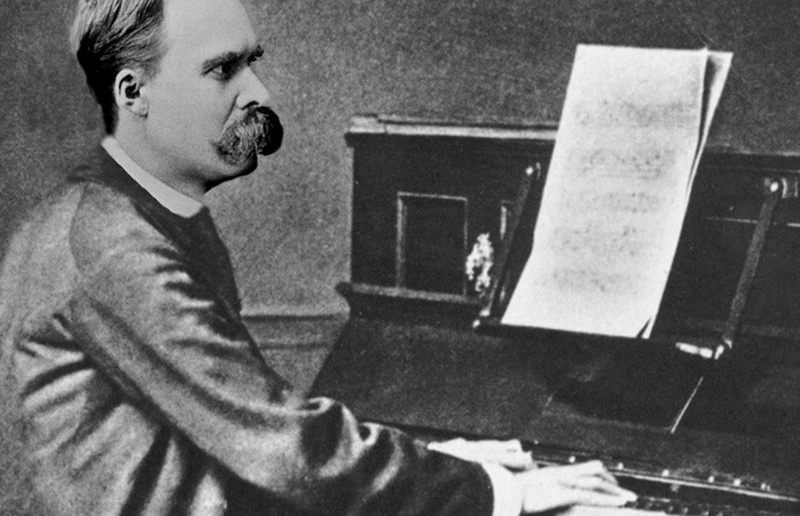Louisiana and the Ten Commandments
Recently, the governor of Louisiana signed a bill requiring all public school classrooms in the state to display a poster-sized copy of the Ten Commandments. In the “Beforetimes” (before the current partisan Supreme Court took shape), this would have been struck down immediately as a violation of the Establishment Clause of the First Amendment. This bill is a clear violation of that clause. I imagine that the justices will dance around the cultural and historical significance of the document without stopping to consider the state’s motives in passing this law. While the proponents of the Ten Commandments aren’t wrong about its historical significance, the U.S. Constitution and its Amendments arguably hold more importance from the secular perspective that one must adopt in a public school.


